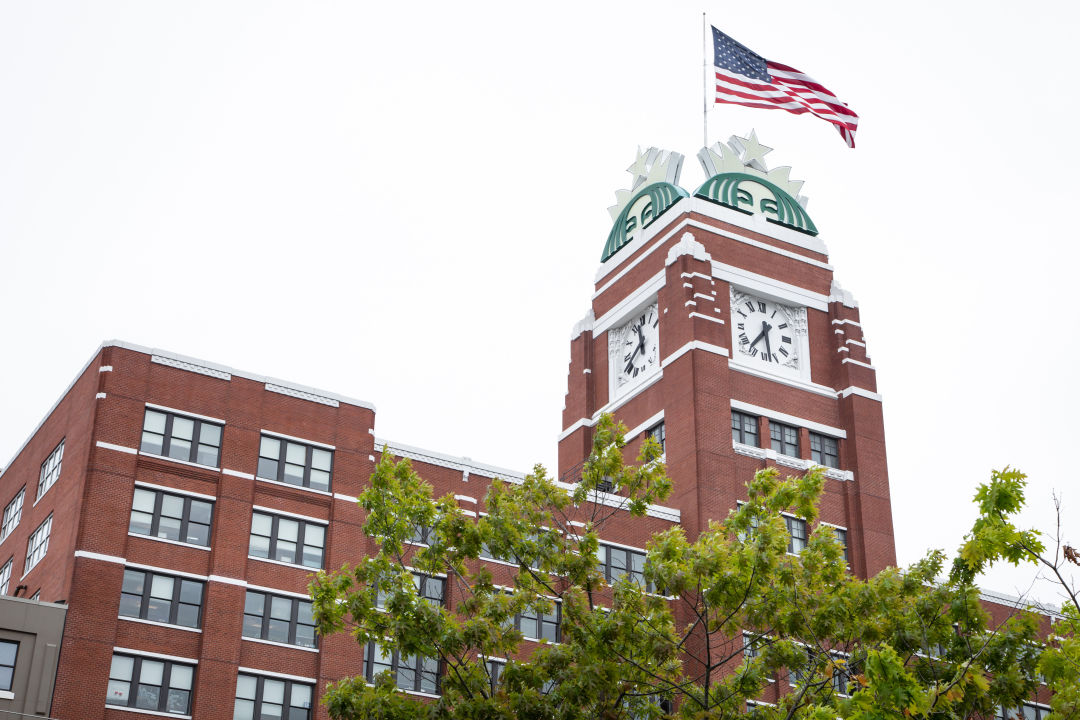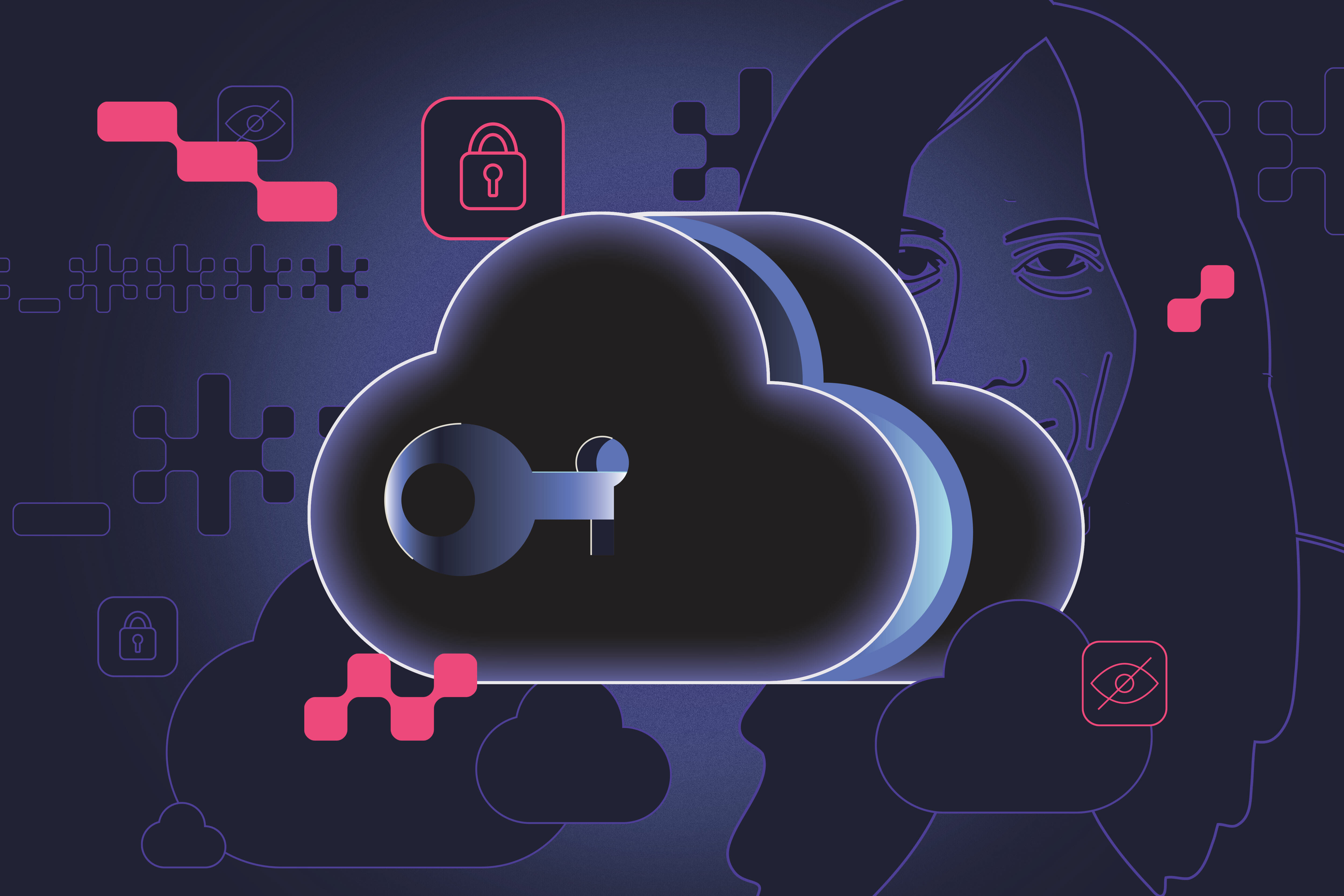Seattle Companies Are All Over the Map on Vaccine Mandates

Espresso isn't the only type of shot drawing national eyes to Starbucks these days.
Image: Shutterstock By VDB Photos
Like it or not, workplaces around Seattle often take their cues on remote work and other internal policies from the city's corporate elite. But anyone trying to follow the guidance of our big local companies on mandating coronavirus vaccines for workers is basically the Weeknd in that meme.
The Supreme Court's rejection of president Joe Biden's vaccine-or-test blueprint last month has confused as much as it's clarified. In the immediate aftermath, Starbucks scrapped plans to impose a vaccine requirement (or weekly testing) for employees by February 9, citing the decision. Last week, T-Mobile responded in opposite fashion. A leaked email at the telecom giant revealed that its corporate workers would need to be fully vaxxed by April or face termination.
Many businesses already have vaccination requirements in place. Still, as many as 20 percent of companies surveyed last month said they might reconsider their policies following the federal takedown of the Occupational Safety and Health Administration's (OSHA) emergency standard, which would have applied to any company with 100 or more employees.
Lauren Parris Watts, a partner specializing in employment law at Seyfarth Shaw in Seattle, says the federal court's ruling doesn't prevent private companies from creating or maintaining their own vaccine requirements, provided they follow laws related to exemptions.
But Watts noted that the judgment could leave employers operating in certain states legally vulnerable if they institute vaccine mandates. OSHA's standard would have essentially negated local vaccine mandate laws. Now these sometimes wonky rules will still have teeth. Florida, for instance, recently passed one ingraining a handful of possible opt-outs into any mandates. If employers don't follow it, employees can file complaints with the state and summon up to $50,000 in corporate fines.
This isn't just a Florida thing. More than a dozen states ban or partially ban vaccine mandates. While Washington isn't one of them, the business behemoths based here must weigh how their company-wide rules will go over in, say, Texas.
Something to consider while perusing the policies of these local companies.
Amazon
Mum's the word at one of the world's largest employers. Andy Jassy's e-commerce machine hasn't required worker vaccinations to this point, even as it's helped stand up a downtown vaccination clinic and continued to encourage employees to get their shots.
Boeing
As the challenge to Biden's vaccine mandate made its way through the court system in December, the aerospace giant suspended its vaccination requirement "in line with a federal court’s decision prohibiting enforcement of the federal contractor executive order and a number of state laws."
Expedia
Traveling to its offices, as an employee or visitor, entails producing proof of shots.
Meta
Not based here, but still very relevant to its many Seattle employees: The company previously known as Facebook requires anyone entering its U.S. offices to be vaxxed. Starting on March 28, any employees or visitors will have to show proof of a booster dose.
Microsoft
No change to its vaccination requirement after the Supreme Court's ruling, the company reports.
Nordstrom
Strongly encouraging, but not requiring, jabs.
Starbucks
Though its testing and vaccination plan has been nixed, the company offers paid time off for workers to get their shots.
T-Mobile
Office workers, with limited exceptions based on locations, roles, and exemptions, must be fully vaxxed by April 2. "We understand that this is a deeply personal decision for some employees but we believe that taking this step will put us in the best position to protect our T-Mobile community," the company said in a statement.
Zillow
Nearly all Zillow employees are free to work remotely. But if someone needs to water the office plants, they must be vaxxed.




